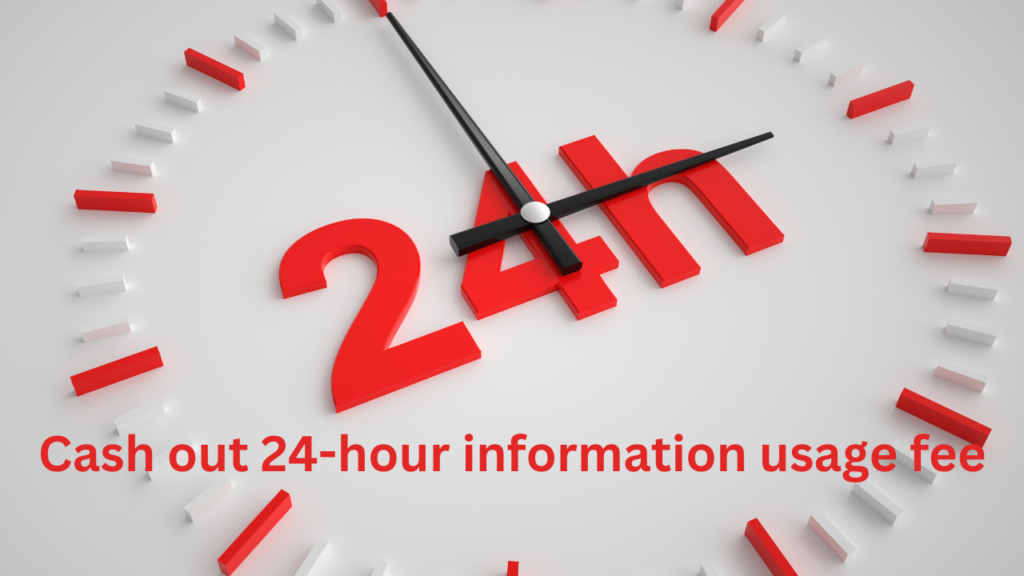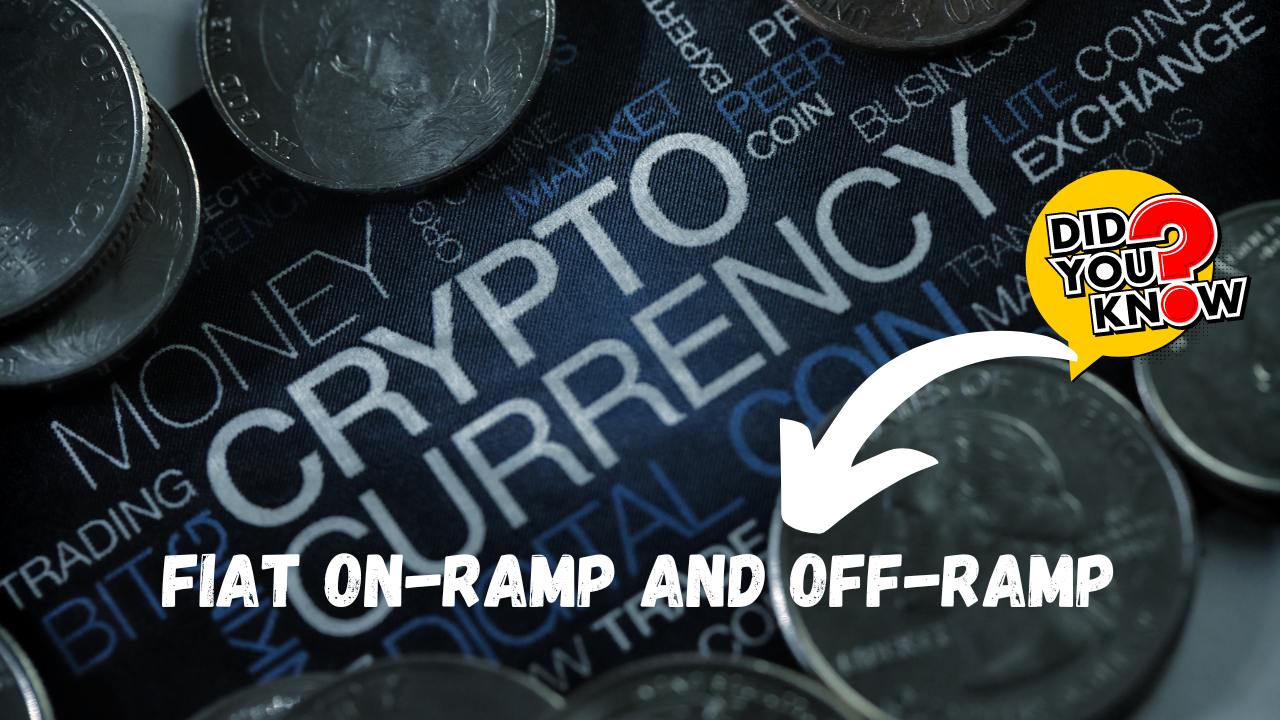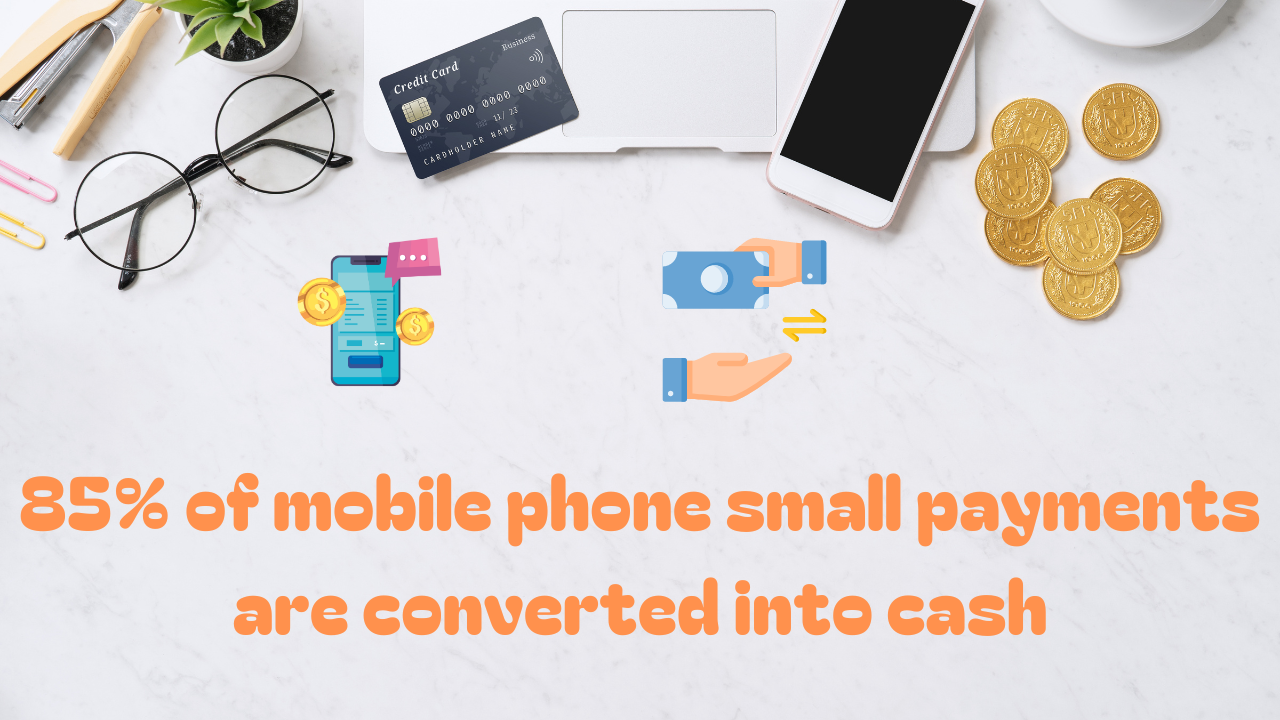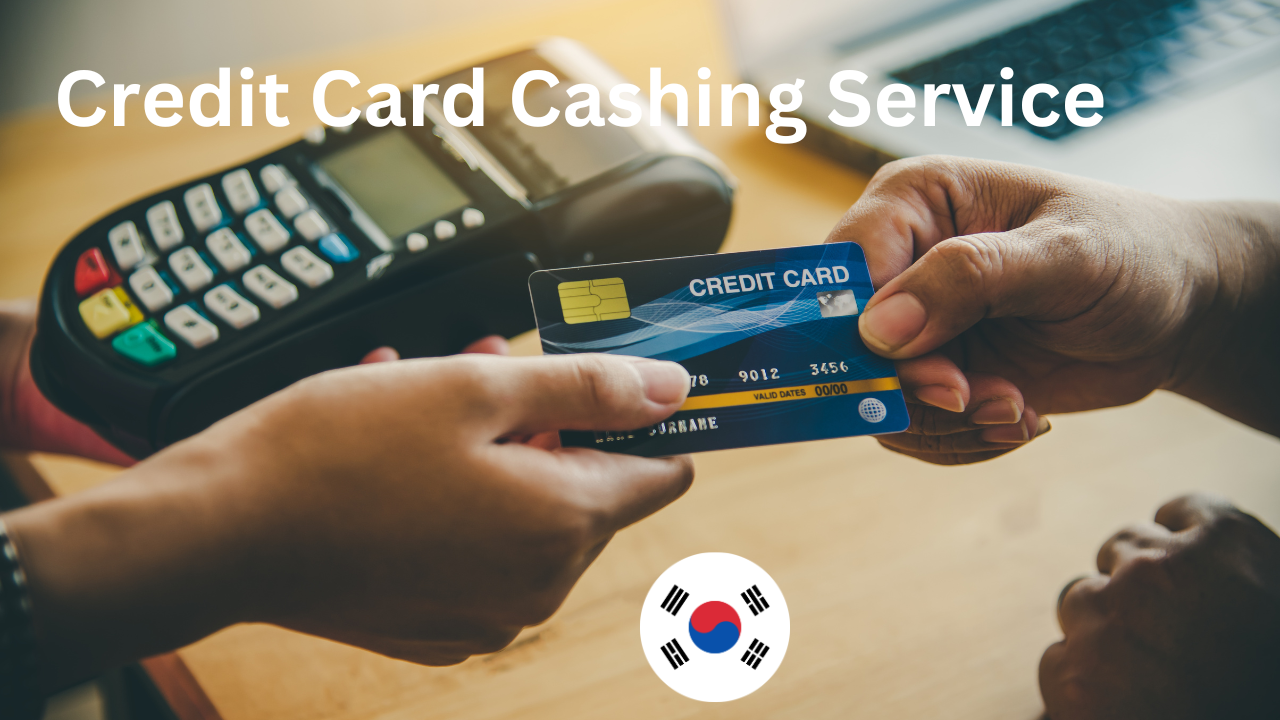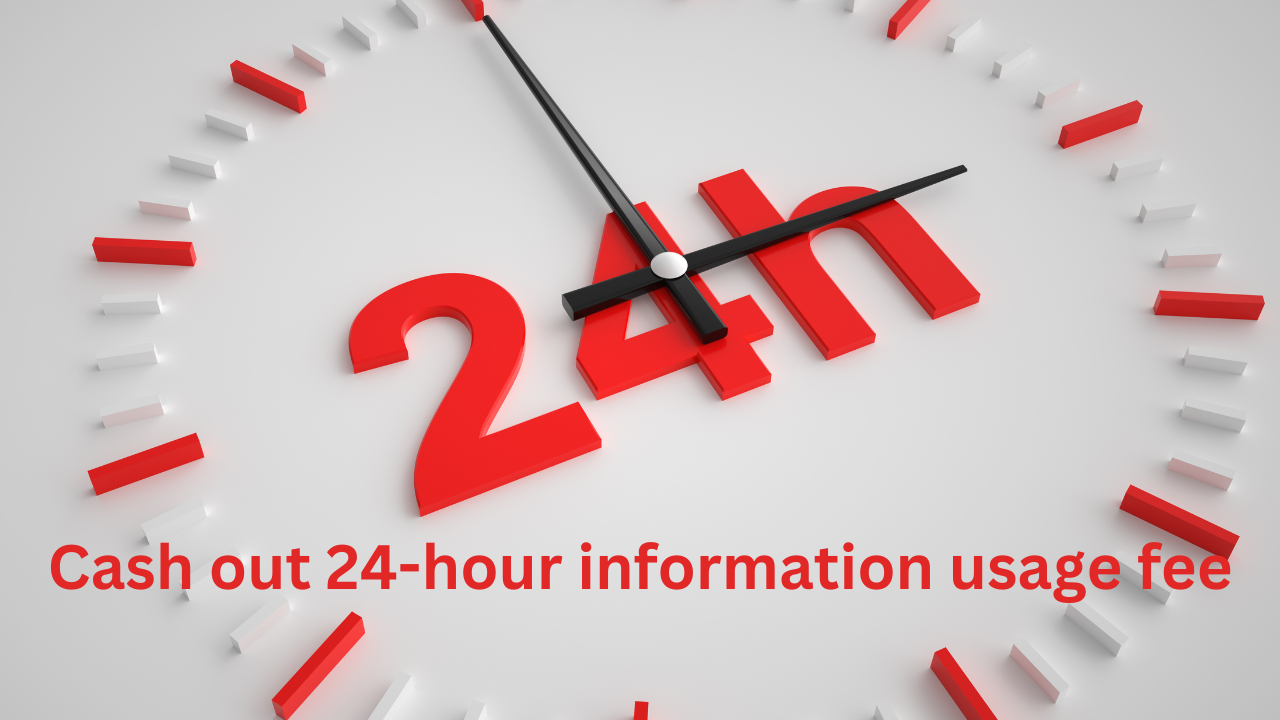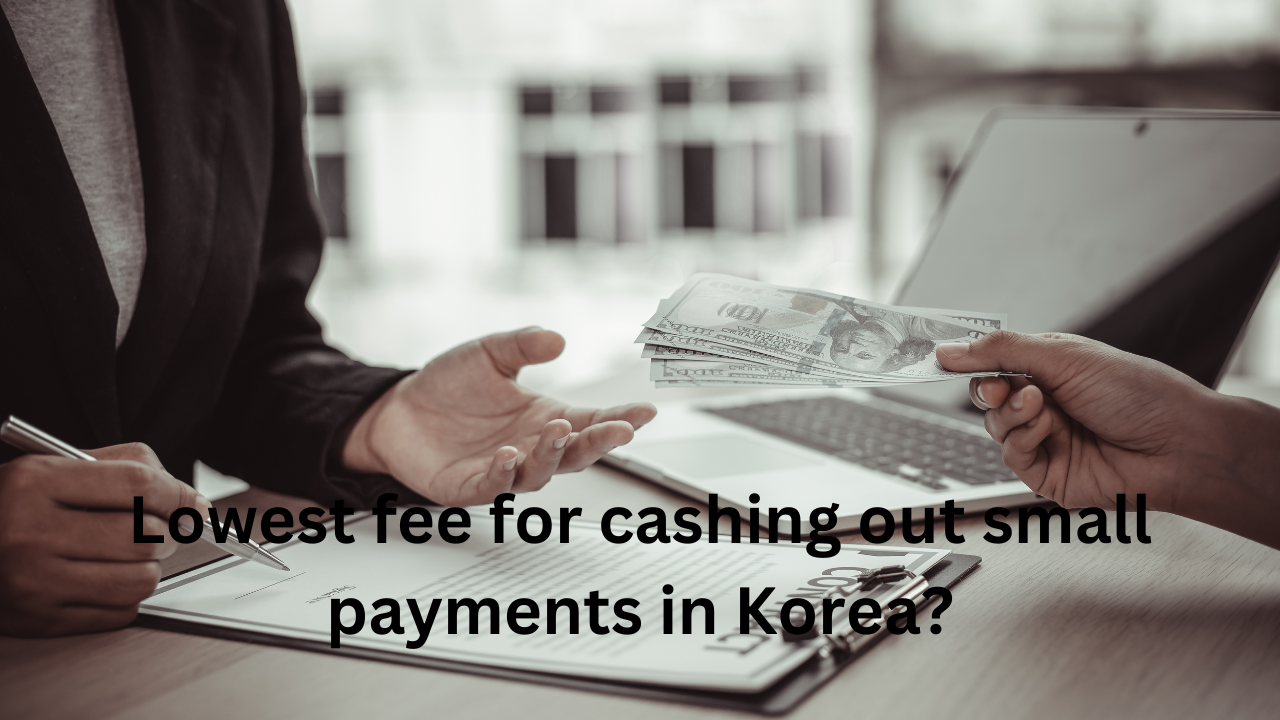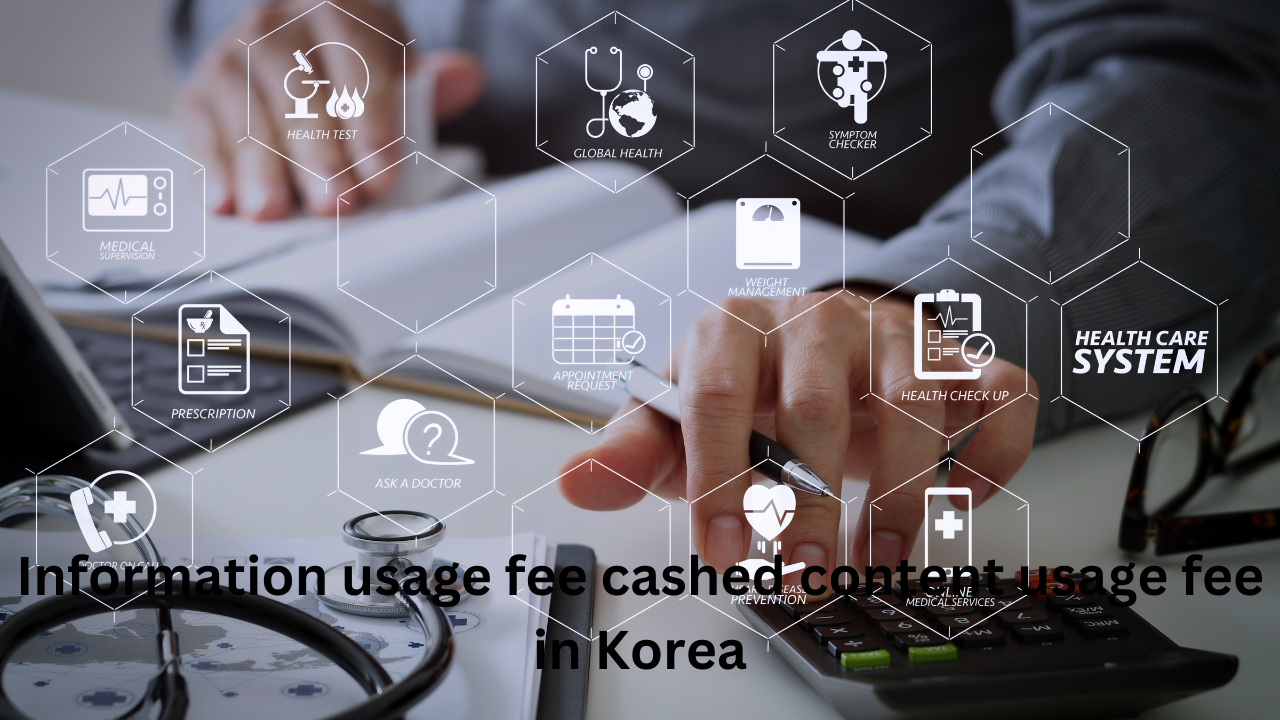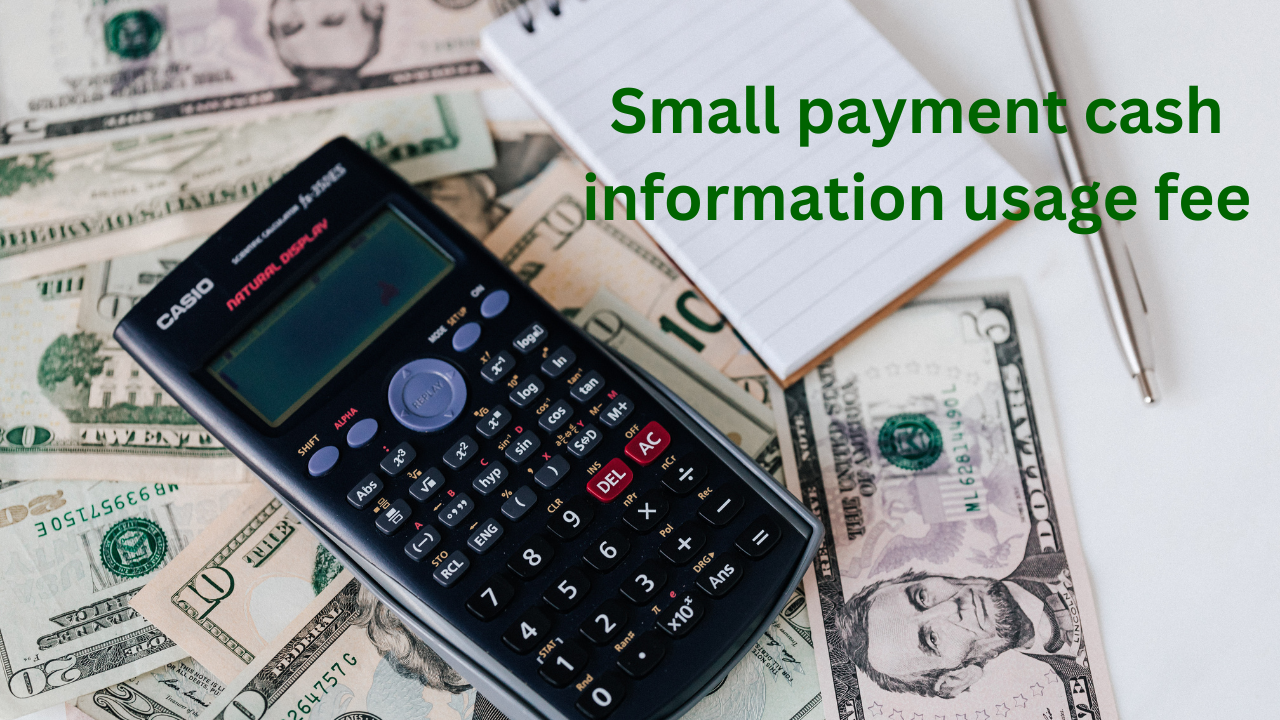Cash Out 24-hour information usage fee
Cellular data charges are more expensive in Korea than in many other countries. The way data charges are calculated differs in Korea. It is based on a daily phenomenon covering 24 hours rather than a monthly basis. The system in this case implies that the fee is paid per 24 hours of information usage and it is referred to as the cash out 24-hour information usage fee.
This rule requires the Koreans to pay a daily price per data they use, instead of paying according to how much or less data they use. Thus, the utility fee if a 24-hour expiry period is not employed to use data, users are given the option to cash out the unused data fee. The cash-out mode lets consumers recover some of their cash when unspent data allowances come to an end. This method using a 24-hour fee for in-cashout of the information provides them more payment choices locally to stimulate energy saving in information usage. Even though it receives some criticism from other users of mobile in Korea, it has many advantages indeed for the majority of users.
How Does Korea’s Mobile Data Pricing Work?
In Korea, all three major operators set prices for mobile data on a day, not a month, basis. Members shall pay a fixed price for each 24 hours that the data is on, irrespective of the number of times the data plan is used. This pricing system where information is charged per day is known as the “Cashout 24 Hour usage fee” method. It is the goal to motivate users to keep a daily tab of their usage instead of balancing it monthly. The charges vary from $3-$5 per day, and it depends on the carrier and data plan that a person opts for. The information that could not be used in 24 hours was lost or expired.
What is the Cash Out Option?
If someone ends up not using their daily data allowance for 24 hours, they have the right to apply for a “cash out.” A cash-out allows users to get reimbursed for a portion of the unused daily fee as part of the Cash out 24-hour information usage fee policy. This gives people flexibility if unexpected WiFi is available or they overestimate their needs. Cashouts usually range from 50-80% of the original daily fee cost, depending on the carrier.
Applying and Receiving Cash Outs
To apply for a cash-out, customers log in to their carrier account site or use the official app. They then select the previous date for which they want to claim unused data. Proof of remaining data is verified and refund approved. Cash is deposited back to the payment method on file, usually within 1-2 billing cycles. It provides an option to get partial compensation within the Cash out 24-hour information usage fee framework.
Benefits for Customers
- It encourages efficient use of data by charging per day instead of flat monthly rates
- The cash-out option provides flexibility if data isn’t used one day
- Customers can reduce their bills by opting for cash-outs when data rollover isn’t needed
Drawbacks or Criticisms
- Some argue it can be a confusing transition from traditional monthly billing
- There is an administrative effort required to claim cashouts for unused data
- Data not used expires at the end of each 24 hours, it does not roll over like some plans
Final Thoughts
Korea’s 24시간 정보이용료 현금화 system provides a unique approach to mobile data pricing that both benefits customers and encourages efficient usage. While it faces some criticisms about complexity, many Korean mobile users find value in the option to recoup partial costs when data allowances are not consumed each day.
As data plans continue to be a significant expense worldwide, the cash-out model offers valuable lessons on innovations that balance promoting responsible consumption with customer payment flexibility. The Korean framework demonstrates how daily data fees coupled with cashouts can help mobile carriers manage costs while providing added customer value.


